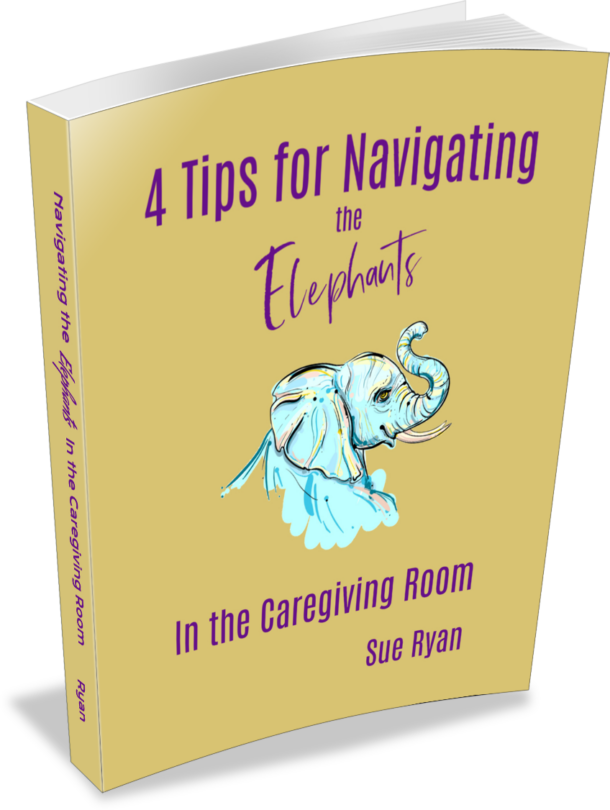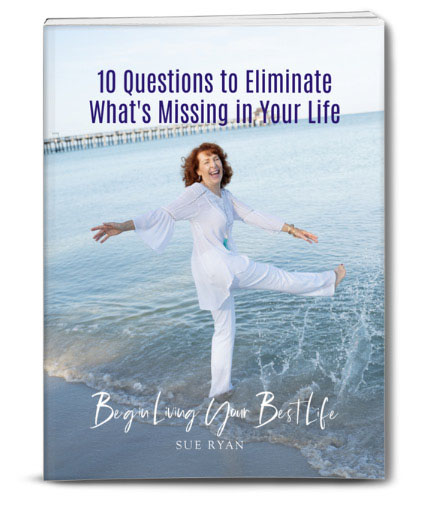When Jack was diagnosed, the label “care receiver” was immediately given to him, and the label “caregiver” was immediately given to me. For as long as I can remember, I have sought to care for others in ways I can and I get a great sense of well-being from being supportive and helpful to others. A treasured friend calls me “Soogle” because I am unquenchably curious. I am constantly asking questions and looking things up on Google, so naturally when I became a care giver I googled caregiver looked at both the definition as well as character traits, (click here for additional caregiver information). When I read the definition of caregiver, I thought I was a natural fit. The characteristics were either ones I am naturally, or ones I aspire to live. I thought, no problem, I’ve got this. I gave no more thought to what being a care giver meant.
Yes, I know, those of you who have been on this journey for awhile are laughing with me right now at my naïveté!
As our journey progressed, I reached out to support community members for tips and tricks while eagerly passing along anything I was learning. Each time Jack’s symptoms changed I sought out new information and began seeking additional support. All along I felt comfortable knowing I was naturally a care giver who loved Jack and wanted to do everything I could to support him.
One day, I realized I was beginning to get frustrated at providing the same answers to the same questions over and over. I had learned this would happen and intellectually I understood he was not asking the questions to annoy me, but as the day wore on, it began getting harder to have what I call the “grace of space” to be able to be loving in everything I did. I was getting frustrated at my behavior, not Jack’s, and then I was feeling great remorse. I definitely didn’t want to take my frustration out on Jack; he wasn’t doing anything wrong. When I mentioned this to our support community they said it was quite common and not to be hard on myself. While I appreciated their support, I wanted to know the source of my frustration. What is it in me I needed to learn about so I could improve and remain as compassionate at 8pm as I was at 5:30am?
I woke up one morning with a real insight. Yes, I am a caregiver for Jack and I embrace it. Yes, I am a caring person. No, I am not a professional Caregiver. They are Caregivers with a capital “C”. I am a caregiver with a small “c”. When I was trying to decide my career future, Caregiver was not one of the career directions I considered, and no part of my formal education was becoming any of the titles and certifications professional Caregivers hold.
The analogy that immediately came to my mind was how I care for our cars. There are many things I can do to help care for our cars and one of them is knowing when to go to a professional. I don’t have any interest in knowing how to, for example, adjust a timing belt, and I don’t feel bad because I don’t. I research to find the most qualified professional and have them give our car the care it needs.
Yes, I am a caregiver for Jack and I embrace it. Yes, I am a caring person. No, I am not a professional Caregiver.
Since coming to that realization, I have had tremendous peace and relief. In our support meetings people talk about self-care for caregivers and we learn how to provide care for our care receivers. I hadn’t considered the perspective that this role and label I gladly accept are as a loving amateur, not a trained professional. Since then, I am more patient and compassionate with myself, which has translated to being more compassionate with Jack. I am more realistic about which roles I am qualified for with his care and which roles will benefit from my seeking professional help.
I hadn’t considered the perspective that this role and label I gladly accept are as a loving amateur, not a trained professional.
This realization also helps me provide more valuable guidance and prepare friends of ours who want to help. I work more thoroughly with them to provide them the best opportunity to care for Jack, but also put them in situations that leverage where they are most comfortable. For example, a long-time friend wanted to take Jack to lunch. Previously, I would have said great and off they would go. Now, I share names of restaurants that are not very noisy and have a calming environment. It has become challenging for Jack to read the menu so we look at the menu online together and figure out what he would like to eat so we can share that with his lunch buddies. All of us on our journey of love together can now lean in more successfully.
Additional Caregiver Information
Definitions:
The Merriam-Webster dictionary defines a caregiver as “a person who provides direct care”.
According to Patricia Drentea, Associate Professor Department of Sociology and Director of Graduate Studies at UAB College of Arts and Science, defines caregiving as:
The act of providing unpaid assistance and support to family members or acquaintances who have physical, psychological, or developmental needs. Caring for others generally takes on three forms: instrumental, emotional, and informational caring. Instrumental help includes activities such as shopping for someone who is disabled or cleaning for an elderly parent. Caregiving also involves a great deal of emotional support, which may include listening, counseling, and companionship. Finally, part of caring for others may be informational in nature, such as learning how to alter the living environment of someone in the first stages of dementia.
Sociologists generally limit their discussion of caregiving to unpaid workers. Caregivers are typically family members, friends, and neighbors. Sometimes caregiving is done by those affiliated with religious institutions. While caregiving of all types is also done by paid workers such as nurses, social workers, and counselors, this is paid work, and thus is not in the same category. Caregiving rarely refers to the daily care that parents provide for their children, because this is classified as parenting; however, caring for an adult disabled daughter would be considered caregiving because it is outside of the norm of expectations for older adults. (Drentea, 2007)
Glossary Source:
Drentea, P. (2007). Caregiving. In G. Ritzer (Ed.), Blackwell encyclopedia of sociology. Blackwell Publishing. Blackwell Reference Online. Retrieved June 13, 2007, from
Characteristics and Qualities of caregivers
1776 Senior Care: 5 Qualities of A Good Caregiver
Alzheimers Reading Room: 5 Qualities of Caregiving Excellence
Care.com: Seniors: 6 Traits Every Caregiver Should Have
Association for Professional Caregivers
The Professional Association of Caregivers supports and enhances caregiving skills by providing professional and family caregivers with a community championing quality care. We deliver updates on care innovations, new legislative initiatives, online and offline caregiver education and emotional tools to allow caregivers to maintain excellence as caregivers.





0 Comments